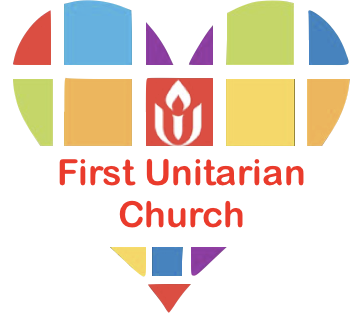Land Acknowledgement
Our Land Acknowledgement
First Unitarian Church of Los Angeles is located on the traditional land of the Kizh People.
The people who originally inhabited this land have been known as Kizh (an endonym which has been understood to refer to “home” in the Kizh language), Tongva, Gabrielinos, and Gabrieleños.
Below are the resources we have considered thus far when acknowledging the people who have cared for this land across generations:
https://en.wikipedia.org/wiki/Los_Angeles#Pre-colonial_history
https://chancellor.ucla.edu/messages/acknowledging-native-peoples-ucla-events/
Crafting a meaningful land acknowledgment requires time. We acknowledge that we have a lot more to do.
Our hope is that, in the words of the On Being Project, this page, however incomplete, “invite[s] you to consider the land on which you live and the confluence of legacies that bring you to stand where you are.”
***
First Unitarian is a small community run by a very small staff and volunteers. We regret that we have not yet been able to dedicate more time to a well-researched land acknowledgment; however, we publish this imperfect page in the belief that “perfect” is the enemy of “good.”
We would like to put more work into this acknowledgment, beginning with the following:
a relationship with representatives of the Kizh/Tongva/Garbrielino/Gabrieleño people, if they are interested
an explanation and/or history of the various names used to describe the people who traditionally inhabited this land
more reading, such as of https://mila.ss.ucla.edu/tongva-approved-primary-sources/
thoughtful discussions about, in the words of the #HonorNativeLand Guide by the U.S. Department of Arts and Culture, “programs and actions that fully embody a commitment to Indigenous rights and cultural equity”
actual programs and actions that fully embody that said commitment (see previous bullet)
We invite constructive comments to this page via Facebook messenger.
***
Resources to consider when acknowledging and honoring the history of land you occupy or traverse:

